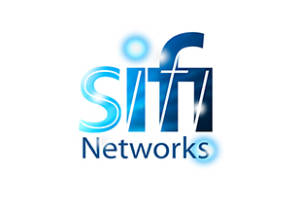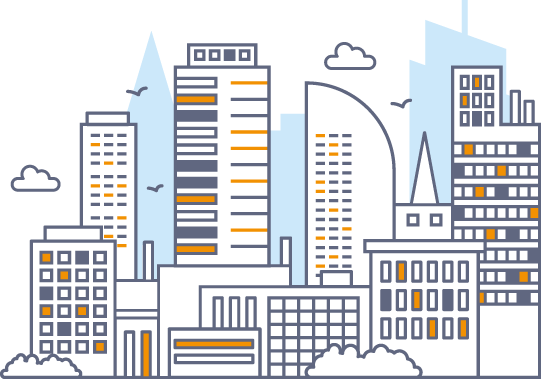
Environmentally Smart Cities
Thursday, July 06, 2017
In ecology, sustainability is the property of biological systems to remain diverse and productive indefinitely.
Cities have a heavy impact on the environment and for many years have made small steps in the pursuit of a greener city from electric cars to bicycle rental schemes and regulations to maintain green spaces.
Sustainability depicts durability and longevity, and is in 2017 the term being used to refer to the technological objectives of a city to develop into a smart city.
Cities across the globe are in the pursuit of ambitious plans that will mean significant commitment to secure a sustainable future. This sustainable future doesn’t only benefit the environment, but also businesses, residents, commuters and visitors to name a few.
This ambition has grown from the increased technology that has been born from superfast internet via wireless and wired connections that will enable real time data collection that can be transferred into meaningful information.
The phenomenon known as the internet of things is seeing public and private institutions envisioning a future where technology solutions run their city.
The race to become a smart city is fuelling innovation. However, to enable this, fiber connectivity is key to not only being capable of utilising 5G, but also the increasing integration of internet-enabled solutions and the supporting technological infrastructure this brings.
Fiber internet connectivity has become an integral infrastructure just like electrical or water infrastructure, something that everyone will use, therefore, fiber is also crucial to deal with the increased demand smart city applications would have on network usage, something non fiber based infrastructures could not cope with.
The innovative applications and services for smart cities is crucial to their success, however, these cannot be realised without various platforms to enable big data, large distributed systems, open data, internet of things and cloud computing in order to store, manage, and distribute data from sophisticated applications. There is no shortage of companies that are now able to provide these platforms to support smart cities, and because of this cities that have already launched smart city applications through the use of fiber are already reaping the benefits.
Los Angeles saved $8 million a year and has cut energy use by 60% thanks to a smart and adaptive street light system. The system works by using sensors on the lights, enabling them to know what bulbs have burned out. Soon they will also have the ability to brighten and dim the lights from a central location and gather environmental information on the area.
Waste management is another key area of concern for cities. Cities around the world are purchasing garbage bins with Wi-Fi capability and in some cases solar powered trash compactors improving efficiency and helping to make overflowing waste a thing of the past.
Energy usage is also high on a city’s agenda, a welcomed topic for businesses and residents. Seattle is working with the government to upgrade the city’s electric meters so that users get more accurate readings from their electricity consumption and have the ability to manage their own energy conservation meaning reduction in energy usage and costs for home and business owners.
These are just some of the initiatives local governments across the world can learn from in bringing sustainability to their city. There is no definitive list of applications that can be enabled in a city, the possibilities are endless, something developers are proving through not only sustainability projects but also projects that deliver efficiency in every aspect of people’s everyday life.

